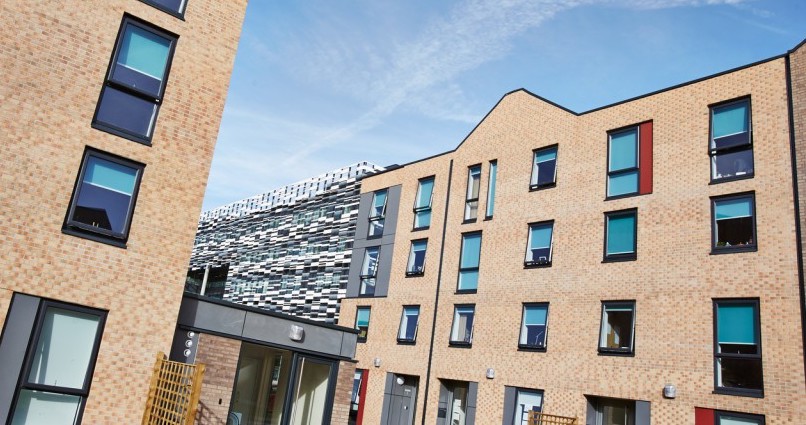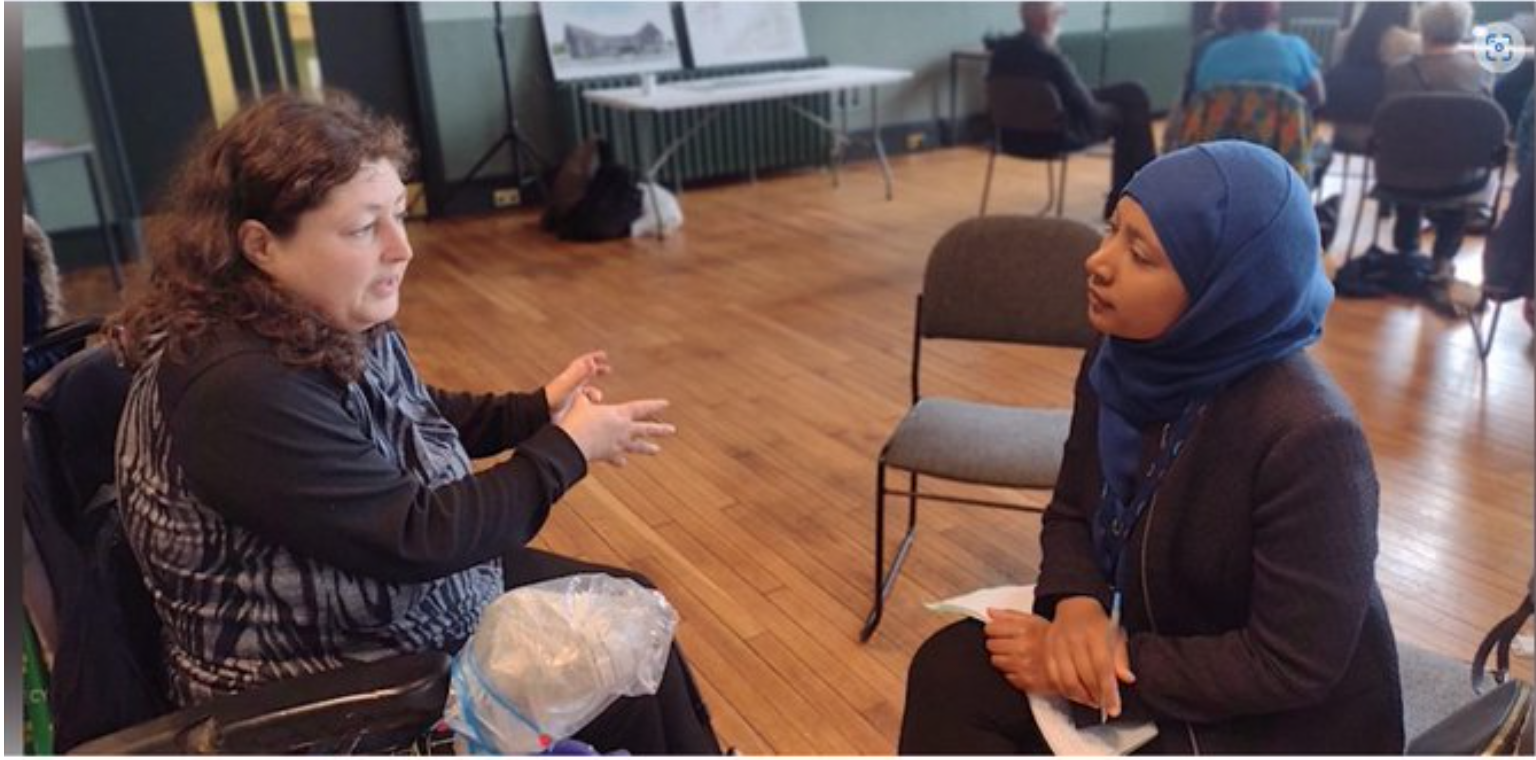By Alessio Kolioulis (@alessioilgreco) and Rahel Süß (@RahelSuess)
When Universities in Aberdeen, Glasgow and Manchester reported more than 1,000 COVID-19 cases last week, students started questioning why halls were allowed to reopen in the first place.
With Health Secretary Matt Hancock not ruling out that students may remain in halls throughout the Christmas break, students and parents are now protesting against what they see as an act of “imprisonment”.
As students are now forced to live in university accommodation despite teaching being moved online, universities have alarmingly invited the police to control campuses.
This situation is a far cry from ideals of the university as places of learning. It prompts us to wonder — how did we get here? Answering this question requires an understanding that halls of residence have become a lucrative business for companies that manage them.
Take for example The Blackstone Group, an American private equity firm specialized in hedge fund investment strategies. Blackstone has invested heavily in the UK, since acquiring iQ student housing company from Goldman Sachs and the Wellcome Trust.
Via its subsidiary iQ, Blackstone is now the key actor in the real estate market for student halls, owning 67 housing blocks comprising more than 28,000 beds in 27 UK cities. Its £3.7bn portfolio includes 15 blocks and 6,776 beds in London, 10 blocks and 3,605 beds in Manchester, and 7 blocks and 2,692 beds in Sheffield.
While the iQ Group generated £168.4m in net operating income in 2019, IQSA Holdings, the company controlling the Group operating in the UK, benefitted from the fiscal regimes of tax-heaven Luxembourg, the country where it is registered.
Paying rent to iQ means contributing to the profits of tax-evading financial companies like Blackstone, a company deeply embedded in contributing to the earth's climate breakdown. As reported by The Intercept, Blackstone's CEO Steve Schwarzman, a top donor of the Trump campaign, invest in firms that are deforesting Brazil's Amazon.
Angry students worried about the current situation have plenty of reasons to be so. Lured into the promises of "fantastic student experiences", what they are getting in return is a very opposite — and bleak — picture.
While on the surface we may perceive the government as incompetent in its attempts to facilitate a safe return to university, what emerges is a story of orchestrated exploitation. Students are trapped in a system built to generate huge profits for international capital. The entanglement between campuses being policed and rent being paid to real estate firms is a testimony of the impact of finance on people's everyday lives and the environment. Nothing — not even a global pandemic — can afford to interrupt the profits of companies like Blackstone.
The financialisation of student halls stands as particularly egregious example, whose negative effects we are seeing unfold before our eyes this week. However, the dynamics within student halls is merely the cutting edge of a far deeper problem. Urban sociologist Saskia Sassen insists that a new economic reality is rising in cities across the world: the transformation of housing into financial assets.
The growing role of finance and private equity firms in housing across the world results in a familiar pattern: rising rents, displacement and debt for individual households, then evictions; while at the same time significant number of buildings remain vacant.
To unlock the current impasse faced by students, we need to link and broaden students and renters' struggles. There are many directions the fight against the financialisation of housing can take, for example:
- Direct action such as rent strikes, opposing evictions and the expropriation of vacant properties;
- Getting involved in tenant unions to strengthen renters' rights;
- Organise to prevent housing from becoming a speculative asset and build alternative housing projects;
- Force local governments and universities to cancel partnerships with businesses involved in climate breakdown;
- Demand increase in corporate tax to finance social housing developments.
This is not a definitive list, but a starting point for challenging housing as a commodity.
What we need are strategies to democratise housing. These strategies are in opposition to the “property-owning democracy” famously promoted by Margaret Thatcher. While such an idea celebrates a model of citizenship that makes participation in the private property the benchmark for a democratic society, we call for housing to be a common good.
As the ongoing fiasco in student halls shows us — we can no longer duck the fight against the financialisation of housing.
Rahel Süß is a political theorist, author and editor of engagée Journal (@engagée_journal). Alessio Kolioulis is an urban theorist at UCL Development Planning Unit and editor of engagée.
Image credit: MMU
28 September 2020





